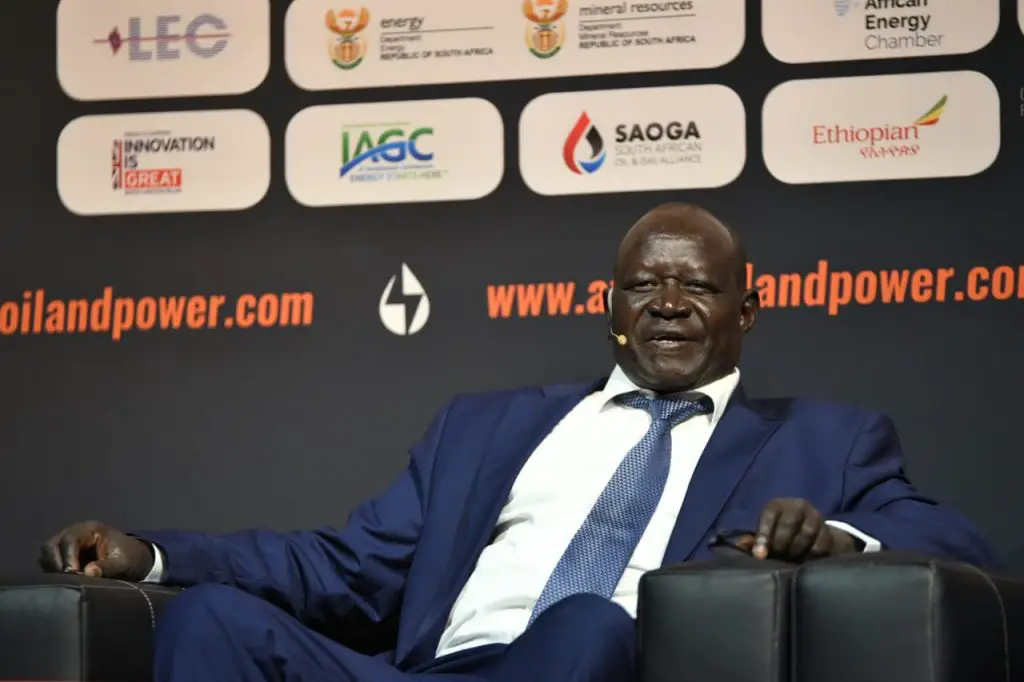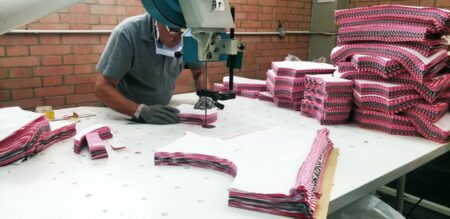Ethiopia will soon start importing cheaper refined oil from South Sudan to cover the more expensive product from the Middle East.
Ethiopia’s State Minister for Mines and Petroleum, Koang Tutlam announced on Wednesday that the move will save Addis Ababa 15 per cent to 20 per cent on the $3.4 billion it spends importing an estimate of four million tonnes of refined products.
While speaking to the media attending South Sudan Oil and Gas Conference in Juba, Mr Tutlam said, “We import almost all of our oil and other refined products from the Middle East, but owing to the proximity of about 200km between the oilfields of Pagak and Adar and the Ethiopian border, we stand to save so much.”
Mr Tutlam further added that Ethiopia exports hydroelectric power to South Sudan and will soon export about 400MW to Kenya.
The oil and gas conference was organised by South Sudan’s Petroleum Ministry in partnership with African Oil and Power.
Also Read: Kenya closes on more Ethiopian geothermal
The African oil and Power brings together ministers and senior government officials and top executives of private sector companies invested in the energy value chain.
It aims at exploring ways of utilising oil resources to achieve economic stability. In attendance were delegates from Kenya, Ethiopia, Egypt, Somalia, Norway, the US and South Africa.
South Sudan has oil reserves estimated at 3.5 billion barrels which is the third-largest oil reserve in Sub-Saharan with most of its oil unexplored.
He also noted that if the revitalised peace process that is anchored on championing stability and economic recovery succeeds, Ethiopia will become a big market for South Sudan’s oil.
“I think all will be well after two to three years after which the two countries can put up infrastructure that will benefit both nations,” he said.
Last week in Sochi, Russia, President Al-Sisi who AU chairman 2019, affirmed Egypt’s continued support of the people of South Sudan and its efforts aimed at achieving a final, peaceful political settlement in Juba.
In May 2019, South Africa’s Strategic Fuel Fund signed an exploration and production sharing agreement which it said it would start aerial surveying of block B2 in December.











